Raise your hand if your daily routine resembles a lot of 'hurry up and don't forget your coffee.' It's wild how even in relaxed places like Perth, the chatter around self-care often skips past the basics—like just feeling calm in your own skin. Here’s the twist: what if the next big thing in the world of wellness has been right under our noses, on the shelves of health stores and pharmacies, labeled casually as CBD?
Understanding Cannabidiol: More Than Just a Buzzword
Cannabidiol, or CBD, gets tossed around more than kangaroo jokes at a barbecue, but most people can’t tell the difference between hemp, marijuana, and the oil that sits next to your turmeric latte. This whole story starts with the cannabis sativa plant. While some folks get interested in cannabis for its ability to get you high, CBD does exactly the opposite. It skips the party and targets the body’s endocannabinoid system, a built-in network responsible for sleep, mood, pain, and appetite. CBD doesn’t have the psychoactive punch of THC—so no, it won’t get you stoned, but yes, it might help you stress less.
The science is catching up fast. In a large survey from the University of Sydney, about 55% of Australian CBD users said they took it mainly for stress and better sleep. That’s not a niche group; that’s your neighbor, your barista, maybe even your mum. Doctors now see more patients asking about natural supplements before reaching for prescription meds, hoping to dodge groggy mornings and long lists of side effects.
Sure, a lot of what makes CBD effective is still on the researcher's bench, but a handful of rock-solid studies have finally hit peer review. According to a 2023 JAMA article, “CBD was associated with decreased anxiety and improved sleep in patients with self-reported stress disorders.” That’s not small talk. It’s a quiet revolution brewing outside the pharmacy aisle.
The Main Benefits: Why CBD Earns Its Place in Self-Care
If self-care means anything, it means knowing what helps your body recharge without leaving you with a side of regret. CBD’s real perk lies in its versatility. Whether it’s an oil you drop under your tongue, a balm for your knees, or even gummies for the sweet tooth, the delivery options are nearly endless. People use it to manage pain from everything like gym soreness to migraines, to soften period pain, and to wind down after grinding through deadlines.
So, what are people actually reporting? Study after study in Australia and globally reveals some crowd favorites on the benefits roster:
- Better quality sleep—falling asleep faster and waking up less
- Lower daily anxiety and a sense of calm without feeling numb
- Milder chronic pain, especially in the knees, back, and shoulders
- Less inflammation, as measured by simple before-and-after pain surveys
And then there’s the subtle stuff, like handling annoying traffic or awkward social moments without feeling like your fuse is millimeters short. One sports coach I know even drops CBD oil under his tongue before big tournaments—not because he expects to win gold, but because he wants a clear brain and loose shoulders for every handshake and pep talk.
“There’s a striking movement toward plant-based solutions for day-to-day wellness, and CBD is now leading the charge in Australia,” says Dr. Chelsea Ivers, a medical cannabis researcher at The University of Sydney.
You might wonder, 'Is there any hard data?' Absolutely. Here’s a little table breaking down what Aussies have said about their CBD routines, from a 2024 wellness trends report:
| Reason for Use | % Reporting Noticeable Benefit |
|---|---|
| Sleeping Better | 65% |
| Less Anxiety | 58% |
| Reduced Pain | 61% |
| Improved Mood | 53% |
That’s not magic. That’s a big slice of people trading late-night doomscrolling for a few drops of CBD and a cup of peppermint tea.
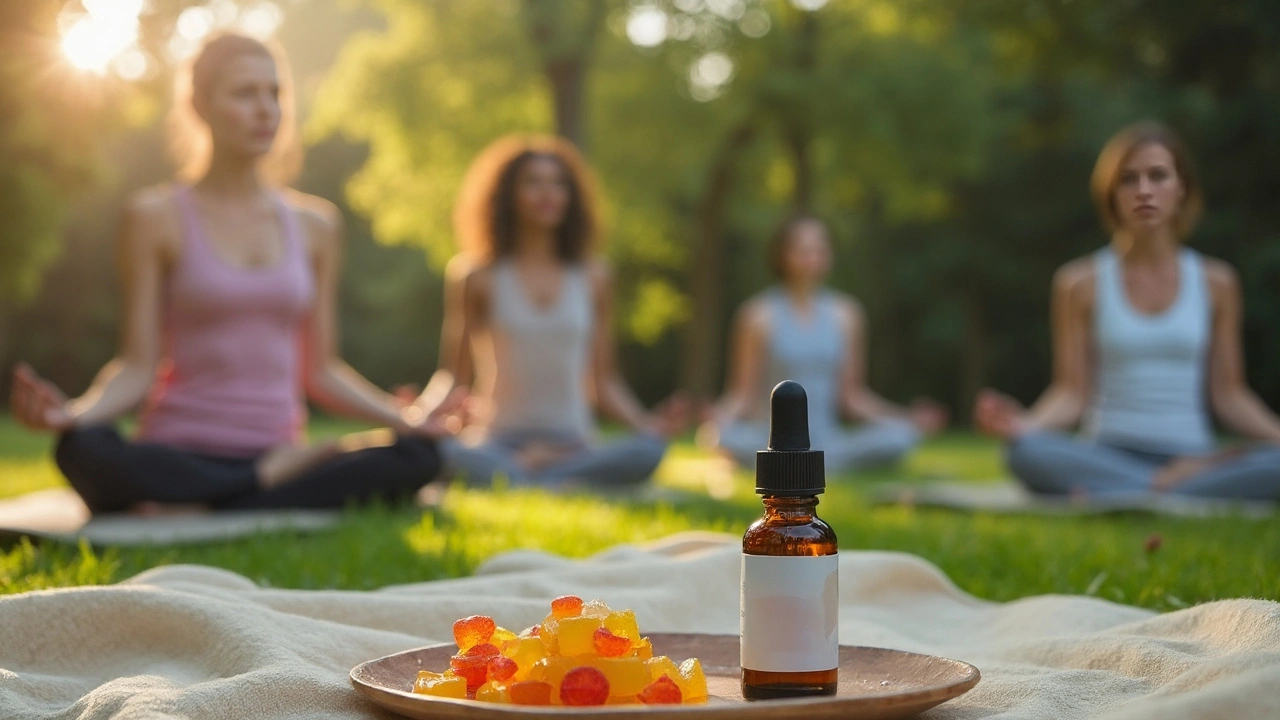
How to Start Your CBD Journey: Simple, Safe, and Smarter
Diving into the world of *CBD* can feel like walking into a sneaker shop—so many choices it’s easy to freeze up. First rule? Check where your product comes from. Australia’s regulations mean you should always look for batch-tested, pharmacy-grade options with no detectable THC. Avoid any product that doesn’t post testing results somewhere you can find, and walk away from wild claims like 'miracle cure.' Even if you’re buying in Perth or online, third-party lab results aren’t optional, they’re peace of mind in a bottle.
- Start slow, especially if you’re a beginner. Most folks start between 10 and 30 mg per day. You can split that dose in morning and evening if nerves or sleep trouble are your main targets.
- Keep a daily log, just for two weeks. Noticing subtle changes in stress or sleep isn’t always obvious unless you write it down.
- Mix with your usual self-care—yoga, walking the dog, meditation. CBD isn’t a standalone hero, but it pairs well with daily healthy rituals.
- If you’re on other medications, check in with a trusted GP. Mixing supplements without at least a quick convo with a doctor isn’t smart—it’s rolling the dice on your health.
It helps to remember that everyone’s endocannabinoid system is a little unique, like a fingerprint. One mate might swear by a single evening capsule, another might swear nothing’s changed. If possible, take note of how you feel physically and mentally. This personal tracking turns a random experiment into something much more intentional.
There’s one more tip here that can’t be ignored—quality trumps quantity. Going cheap (the $9 bottle with a sketchy label) is asking for trouble. Look for full-spectrum or broad-spectrum CBD, which includes other friendly compounds from the cannabis plant—but again, always check for that no-THC guarantee if you’re drug-tested for work, sports, or you just want to play it safe.
CBD’s Future in Aussie Wellness: From Hype to Habit
A few years ago, seeing a CBD poster in a pharmacy felt as odd as spotting kombucha at a surf club, but times change fast. By May 2025, CBD isn’t just for the fringe wellness crowd—it’s being talked about by tradies, office workers, athletes, and retirees. The self-care shift isn’t just about bubbles baths anymore; it’s about owning your mental and physical state with whatever legit tools you can grab.
CBD fits right in, especially as more research lands and legal barriers drop. The TGA (Therapeutic Goods Administration) now lists CBD as a Schedule 3 medicine in Australia—meaning you can grab low-dose CBD over the counter, provided you’re an adult and shop at a legit pharmacist. This change cracks the door open for millions who never wanted to brave a prescription or get bogged down with medical paperwork. It’s now as familiar as your Sunday morning vitamin C, but with a bit more edge.
Of course, there are still plenty of myths. Some think CBD is an instant fix, forgetting that chronic stress, sleepless nights, or pain need more than one answer. The smarter approach? Use CBD as one spoke in the self-care wheel, not the entire cart. That's how you dodge overhyped expectations and make small, real improvements in how you feel day-to-day.
Tomorrow, the buzz around CBD will keep growing, but you don’t have to chase the hype. With a handful of careful steps, a close watch on your body’s signals, and a willingness to tweak your approach, mastering the art of self-care with cannabidiol looks less like a fad and more like plain common sense. Breakfast is still important, a good night’s sleep even more so—but for a whole lot of Australians, a little daily CBD might quietly help keep the calm right at your fingertips.
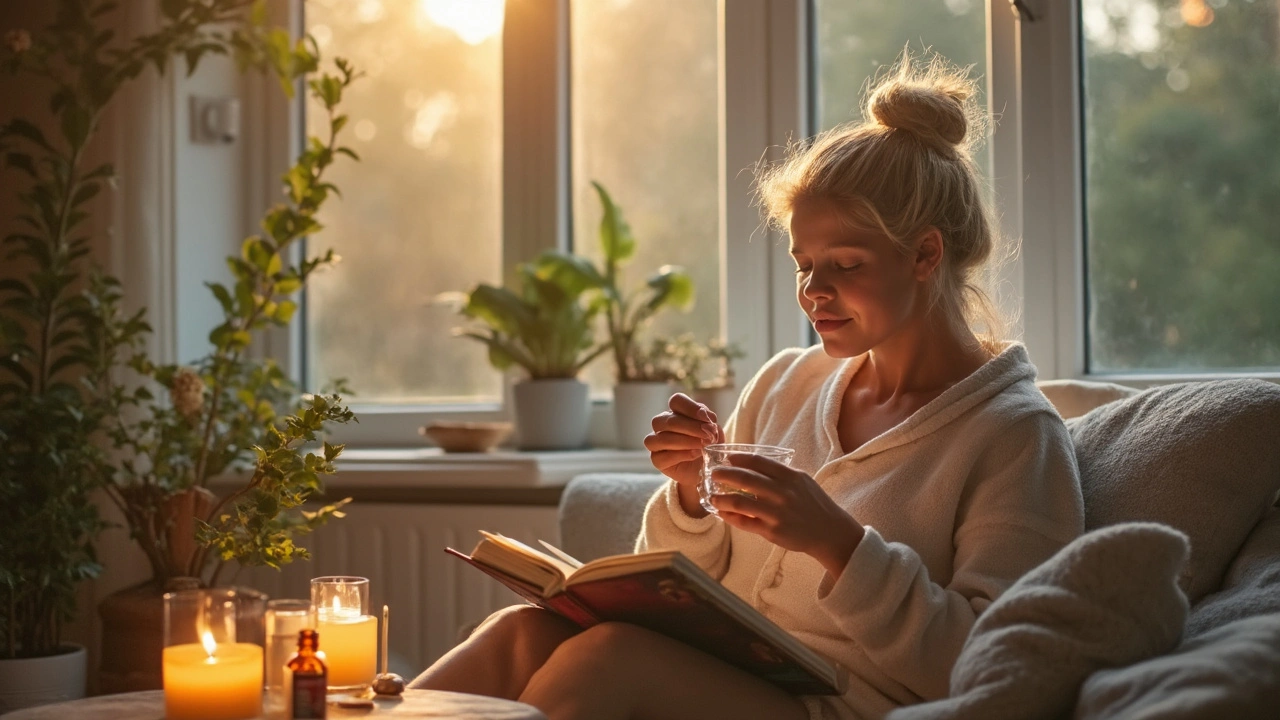
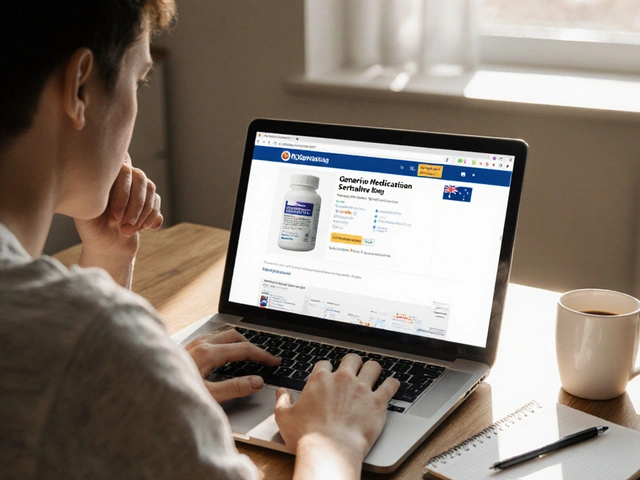
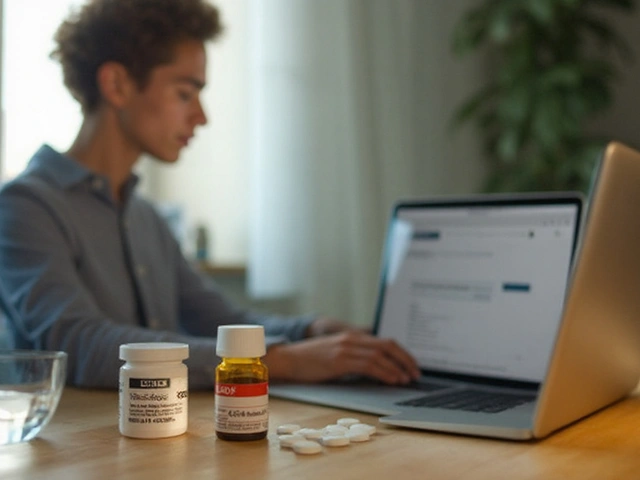
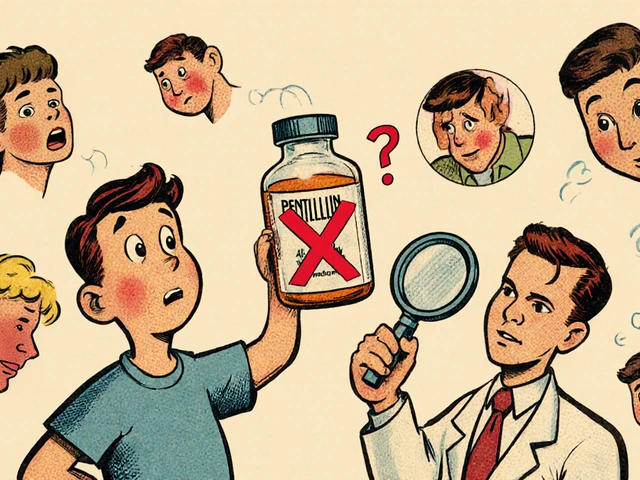
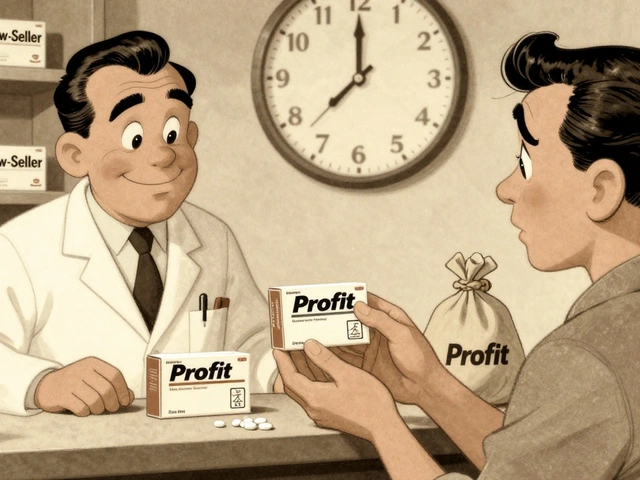
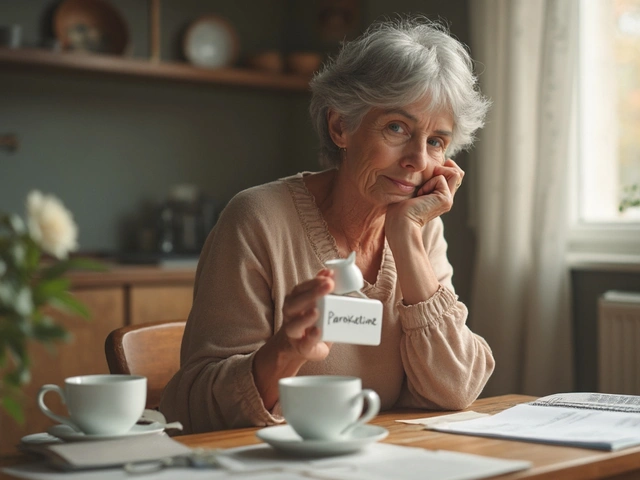
Comments
CBD? More like CBD: Can't Be Deposited. 😒 I tried it. Woke up like a zombie who forgot how to blink. Stick to coffee.
I’ve been using 25mg of broad-spectrum CBD nightly for three months now. My sleep quality improved noticeably-less tossing, more deep cycles. No high, no grogginess. Just… calmer. I track it in a notes app. Small changes add up. Also, always check lab reports. My first bottle had traces of THC. Not worth the risk.
Honestly, I think CBD is the quiet hero of modern self-care-especially for women juggling work, family, and emotional labor. I used to rely on wine to unwind after work, but now I’ve swapped it for a 20mg gummy and 10 minutes of breathing. My partner noticed the difference before I did. I’m not saying it’s magic, but it’s a tool. And tools shouldn’t be judged by hype-they should be judged by what they actually do for your nervous system. Plus, the fact that it’s now OTC here in Ireland? Huge win. No more sneaking into dispensaries like it’s 2012. We’re finally treating wellness like a right, not a privilege.
I’m sorry, but this feels like corporate wellness propaganda dressed up as science. You’re telling people to replace pharmaceuticals with a $40 bottle of oil from a shop that doesn’t even have a physical address? Where’s the FDA approval? Where’s the double-blind study with 10,000 participants? And why is everyone suddenly acting like CBD is the answer to everything from anxiety to knee pain? It’s not a cure-it’s a placebo with a pretty label. And don’t even get me started on the ‘full-spectrum’ nonsense-unless you’re in a state with legal marijuana, you’re buying snake oil with a third-party stamp that could’ve been printed by your cousin’s printer.
Emma, I hear you. But dismissing it all as snake oil ignores the real people-like my aunt, 68, with arthritis-who now walks without a cane after six weeks of CBD balm. Not magic. Not hype. Just… relief. Maybe not for everyone. But for some? It’s life-changing. And that’s worth listening to.